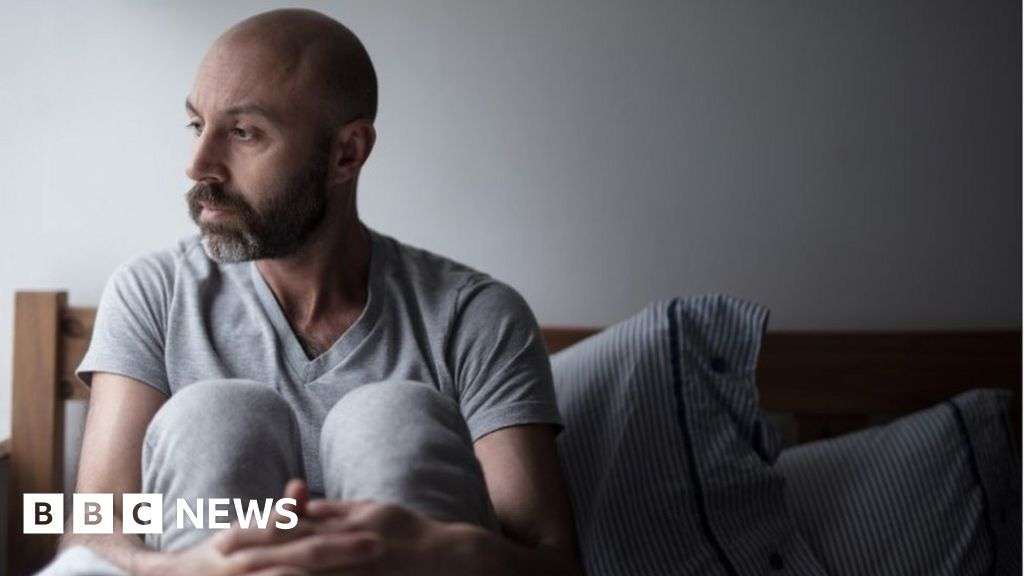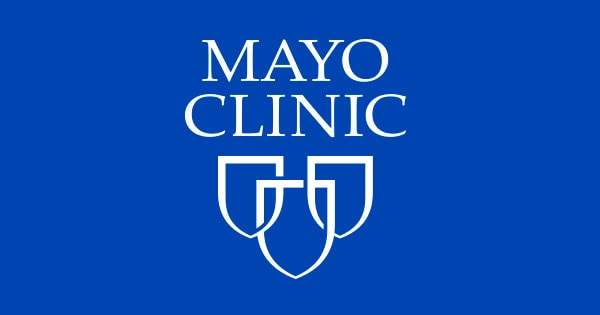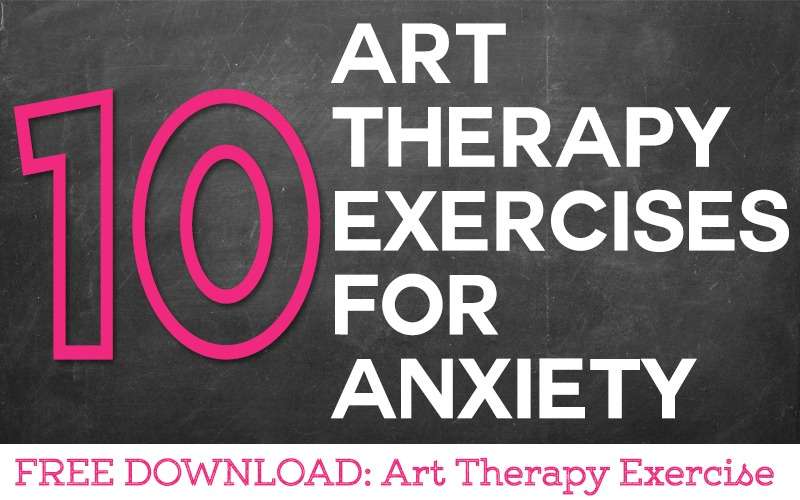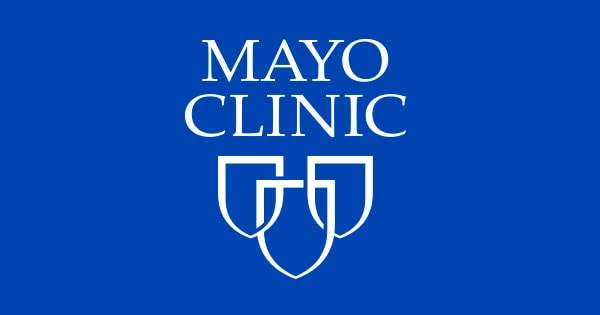Mental health patients are increasingly having to turn to A&E for help, experts have warned, as new research suggests nearly one in four are being forced to wait more than 12 weeks to start treatment.
The Royal College of Psychiatrists said its research found 43% of adults with mental illness say the long waits for treatment have led to their mental health getting worse. Almost a quarter (23%) have to wait more than 12 weeks to start treatment, with many so desperate they turn to A&E or dial 999.
The college said many people face a “hidden wait time” for starting treatment, with no publicly available data on how long people wait from their initial referral to actually starting treatment.
Those surveyed for the research had a range of mental illnesses, including eating disorders, addiction, bipolar disorder, anxiety and depression.
Patients whose mental health deteriorated said it had led to financial problems such as debt, struggles with work resulting in job loss, as well as relationship difficulties, including divorce and family breakdown. A significant proportion end up so desperate for help that they turn to A&E or ring 999, the college said.
It is calling for a year-on-year increase of medical school places from 7,000 to 15,000 by 2028/29 and a fully funded workforce strategy to tackle staff shortages.
Dr Kate Lovett, the college’s presidential lead for recruitment, said: “We cannot sit idly by and watch the most vulnerable people in our society end up in crisis. Not only do spiralling mental health waiting times wreak havoc on patients’ lives, but they also leave NHS services with the impossible task of tackling rising demand.”
One female patient, a 45-year-old from south London, told how she ended up in A&E after having to wait seven months to be referred to a community team.
“The only other way to get help was to present to A&E, which was a traumatic experience – having to be reassessed and readmitted again and again. Turning up to A&E was the only way I could be seen regularly. No one should have to go through that.”
It comes as separate research for the charity Mind found 40% of 16- to 24-year-olds say they do not have the words to share how they are feeling when struggling with their mental health. Most (91%) said they turned to creative outlets like listening to music or spoken word to help them cope with their feelings.
Sign up to First Edition
Free daily newsletter
Archie Bland and Nimo Omer take you through the top stories and what they mean, free every weekday morning
Privacy Notice: Newsletters may contain info about charities, online ads, and content funded by outside parties. For more information see our
Newsletters may contain info about charities, online ads, and content funded by outside parties. For more information see our Privacy Policy . We use Google reCaptcha to protect our website and the Google Privacy Policy and Terms of Service apply.
A Department of Health and Social Care spokesperson said: “Mental wellbeing is a priority for the government and we will invest an additional £2.3bn a year into mental health services by 2024 – giving 2 million more people the help they need.”
The government will announce on Monday that a NHS service helping people who are receiving mental health support with their employment will be rolled out nationally. About £122m is being invested to expand the service so people receiving help for common mental health problems have access to an employment adviser, the Department for Work and Pensions (DWP) will say.
Sean Duggan, chief executive of the NHS Confederation’s mental health network, said it was “welcome news” but added that with 1 million people now on waiting lists for specialist mental healthcare it was “deeply worrying” that the government’s long-term vision “remains a mystery”.
Talking therapies, or psychological therapies, are effective and confidential treatments delivered by fully trained and accredited NHS practitioners. They can help with common mental health problems like stress, anxiety and depression.
You can access talking therapies for free on the NHS.
You can refer yourself directly to an NHS talking therapies service without a referral from a GP, or a GP can refer you.
Help is available in person, by video, over the phone or as an online course.
Information:
There are also simple steps you can take to look after your mental health.
The Every Mind Matters website offers expert advice to help improve your wellbeing, as well as practical tips on sleep, coping with money worries and self-care.
Important:
Urgent help in a crisis
If you or a loved one are having a mental health crisis, you can call a local NHS mental health helpline for 24-hour advice and support:
Find a local NHS urgent mental health helpline
You can call for yourself, your child, your parent or someone you care for.
If someone’s life is at risk or they cannot be kept safe, call 999 or go to A&E.
What are talking therapies?
Talking therapies can help with common mental health problems like stress, anxiety and depression.
Which therapy you are offered depends on which one has been shown to be most helpful for your symptoms.
Here are a few examples:
- Guided self-help – where a therapist coaches you as you work through a self-help course in your own time, either using a workbook or an online course.
- Cognitive behavioural therapy (CBT) – based on the idea that thoughts, feelings, what we do, and how our bodies feel physically, are all connected. CBT works to help us notice and challenge patterns of thoughts or behaviours so we can feel better.
- Counselling for depression – a type of counselling developed for people with depression.
Talking therapies are offered in different ways, including:
- using a self-help workbook with the support of a therapist
- as an online course
- one-to-one in person, over the phone or through video consultation
- in a group
See more about talking therapies
What can talking therapies help with?
You do not need to have a diagnosed mental health problem to refer yourself to an NHS talking therapies service.
Getting support as soon as you start having difficulties can help to reduce their impact.
You may be:
- feeling anxious
- feeling low and hopeless
- having panic attacks
- finding it hard to cope with day-to-day life
- struggling with flashbacks and nightmares
- feeling stressed
Perhaps you’re finding it hard to cope with work, life or relationships.
Other things that talking therapies can help with include:
- worrying
- obsessive thoughts or behaviours
- fear of social situations
- trouble sleeping
- phobias
If you’ve already been diagnosed with a mental health condition you can still refer yourself to an NHS talking therapies service, or a GP can refer you.
Talking therapies can also help if you have mental health problems resulting from other conditions, such as diabetes, cancer, long-term pain or irritable bowel syndrome (IBS).
What happens when you refer yourself
- Contact your local NHS talking therapies service.
- Someone from the service will get in touch, usually within a few weeks.
- They’ll ask for more details about the problems you’re having. This is known as an assessment.
- If the service thinks they can help you, they’ll recommend a therapy for you. This is based on your symptoms and how severe they are.
- Waiting times for the first session vary. The service will tell you what to expect.
Information:
While you wait for your assessment or therapy to start, you can access expert advice and practical tips on the Every Mind Matters website.
Who can have talking therapies on the NHS?
Anyone who is registered with a GP can get talking therapies on the NHS, but you do not need a referral from a GP.
You can refer yourself directly to an NHS talking therapies service online.
If your first language is not English, talking therapies can be delivered in your chosen language through multi-lingual therapists or confidential translators. Talking therapies are also available in British Sign Language (BSL) through SignHealth Psychological Therapy Service.
Young people
You need to be aged 18 or over. Some services offer treatment for young people aged 16 and 17, but you need to check this with individual services.
Children and young people who are not able to access adult talking therapies can get support with mental and emotional problems from their local children and young people’s mental health service (CYPMHS).
Pregnancy and new parents
If you’re feeling anxious or depressed during pregnancy or after becoming a parent you can also access NHS talking therapies services.
Talk to your midwife, healthcare worker or GP about your mental health, or you can refer yourself to an NHS talking therapies service online.
Older people
Talking therapies have been shown to be very successful and beneficial for older people.
Find out more about how talking helps on the Age UK website
Does my GP need to know?
Talking therapies services normally let your GP know that you are getting support. Your talking therapy team will explain what information will be shared confidentially with your GP and why this is important.
If there is anyone else you would like your information to be shared with, or if you have any concerns about what will be shared, talk to your therapy team.
Other places that offer free help
Some employers provide free counselling for their employees. Ask your HR department.
Most colleges and universities offer free counselling to students who need it. Read a blog about what to do if you’re a student and it’s all getting too much from Professor Prathiba Chitsabesan, National Clinical Director for Children and Young People’s Mental Health.
Some charities offer helplines, cheap or free talking therapies or group support.
Video: Talking therapies for stress, anxiety and depression
Animated video explaining self-referral to talking therapies services for stress, anxiety or depression.



